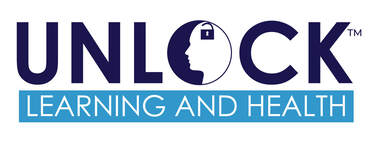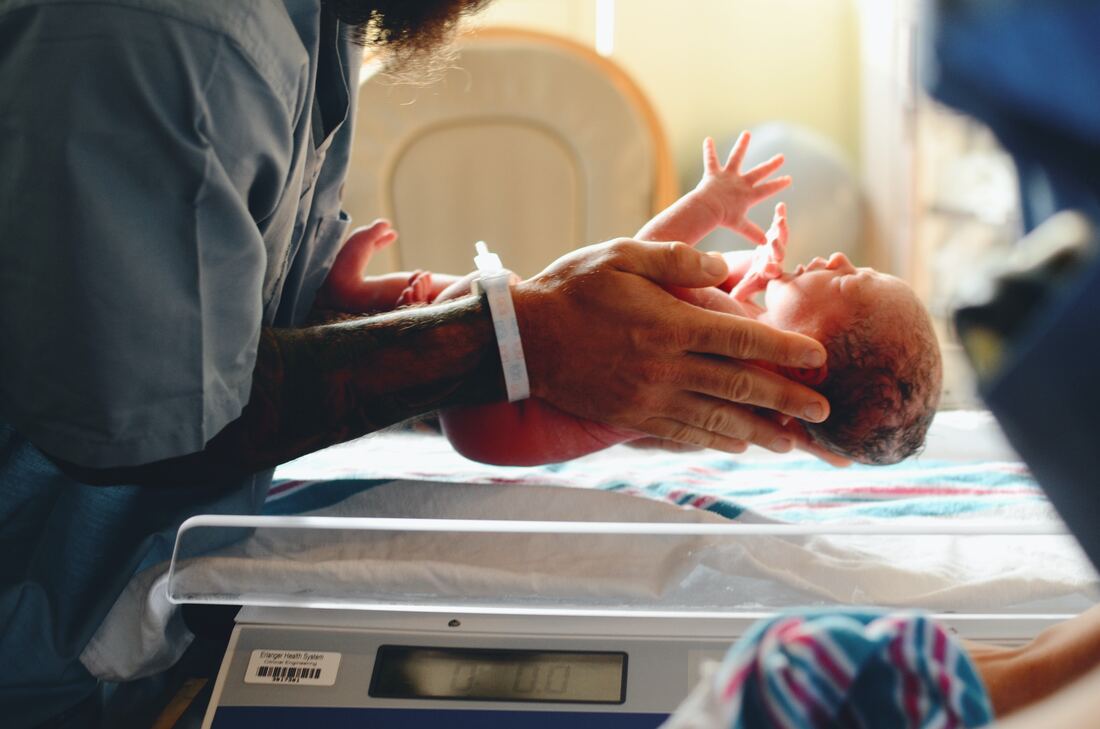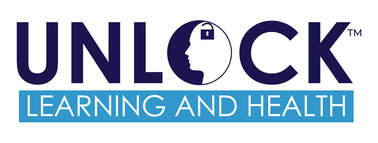Phone: 0412 081 772
What are Primitive Reflexes?
Primitive Reflexes are automatic, involuntary movement patterns that a newborn makes. These reflexes begin developing in-utero and are present at birth (and even help in the birthing process).
Primitive reflexes help an infant survive in the early months. They also give a baby some way of interacting with the world, since they can't control their body yet. It is these primitive reflexes that actually train the brain in how to control the body. They build connections between the body and brain, and they link up the sensory systems.
As the brain develops in the first year of life, these primitive reflexes integrate or inhibit and give rise to more mature patterns and choice of movement. Postural reflexes take over and stay with us throughout life.
If primitive reflexes don't inhibit in the first year of life, they are called retained primitive reflexes. Retained reflexes affect development and can cause issues with balance, motor control, eye-functioning, hand-eye coordination, perceptual skills, fine motor skills and all levels of social, emotional and academic learning. They can affect behaviour and result in anxiety, frustration, hyperactivity and hypersensitivity.
Retained primitive reflexes are evidence of immaturity in the central nervous system (brain). Their integration is a sign that bottom-up brain development completed, as it's meant to. If reflexes are retained and this process didn't complete, a person will never gain full, top-down control of the brain.
Retained primitive reflexes are commonly found in people with diagnoses such as Autism, ADHD, Dyslexia, Dyspraxia, developmental and speech delays.
Retained primitive reflexes are evidence of immaturity in the central nervous system (brain). Their integration is a sign that bottom-up brain development completed, as it's meant to. If reflexes are retained and this process didn't complete, a person will never gain full, top-down control of the brain.
Retained primitive reflexes are commonly found in people with diagnoses such as Autism, ADHD, Dyslexia, Dyspraxia, developmental and speech delays.
Our bodies must support us to function, learn and interact with our world.
Retained Primitive Reflexes mean that a person's body is getting in the way of functioning and learning. The body is hindering instead of helping.
At Unlock Learning and Health, primitive and postural reflexes can be assessed to see if they are the underlying cause of your/your child's difficulties. Help is offered through Neurodevelopmental therapy which inhibits any retained primitive reflexes, strengthens postural reflexes and develops sensory integration.



